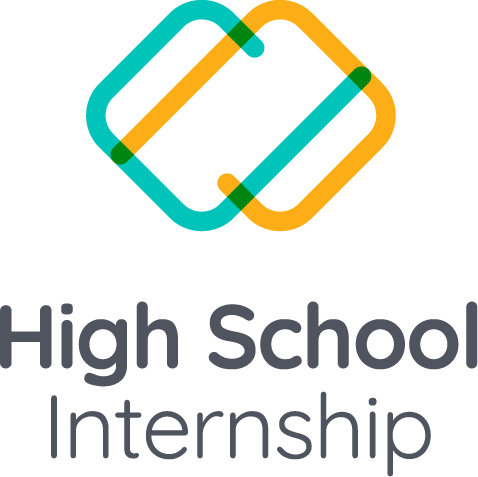Driven by technology, we see several opportunities for progress in the future of education in the coming decades.
Students and educators worldwide must be provided access to the training, devices, connectivity, and fundamental infrastructure. This access will be pivotal in making ubiquitous progress.
However, we cannot determine progress in education where similar changes potentially widen inequality and divide us globally.
Redefinition of Literacy to include Digital to Shape the Future of Education
It’s now more acceptable in discussions with, particularly formal educators, to emphasize the importance of the career relevance of education. That said, a significant part of career relevance in education connects to technology readiness. This preparation includes a comprehensive understanding of the real world’s tools, skills, mindsets, and technology methodologies.
Accenture recently stated: “86% of executives agree their organization must train its people to think like technologists – to use and customize technology solutions at the individual level, but without highly technical skills”.
A compelling case for foundational literacies of language and numeracy is to expand to include digital literacy, skills, and a competency palette of the technological and digital world we live in.
The Development of Pedagogical Technologies to Shape the Future of Education
In the last year, we have seen the greatest ever adoption of digital technologies within education.
However, many technologies center on the process and administration of education. Therefore, it ultimately corresponds to a literal digital reincarnation of the offline school, such as learning management systems and video communication tools.
There remains a significant future opportunity in pedagogical technologies to shape the future of learning. These may or may not be enhanced by AI but critically maximizes students’ engagement, relevance, and personalization of learning. Teachers also have the confidence to effectively exercise the principles of teaching and learning within their knowledge comfort zones.
The next generation of pedagogical technologies can potentially harness the lessons and opportunities of virtual learning and drive student and professional knowledge. As new modalities of learning become increasingly commonplace, this will continue to occur.
The Technology of Assessment and Credentialing to Shape the Future of Education
The evolution of literacies and the proliferation of pedagogical technologies are necessary evolutions in shaping the future of education. However, they will be forever constrained unless the currently predominant system of assessment in education persists.
As stated by MIT’s Playful Learning Lab: “To improve the whole system, we must have assessments that work well with all other components. In recent years there has been a push for instruction to become more student-centered and engaging, but we have not seen any attempt to transform assessment in these same ways. Unless we change how students are assessed in today’s education system, we won’t see a significant change in the system as a whole.”
Even systems of badging and micro-credential still essentially correspond to a summative model in their means of ultimate achievement.
Educational initiatives such as Credential As You Go and the Mastery Transcript Consortium will continue to move practice forward in time. The associated technologies will drive this phenomenon beyond the walls of traditional schools and universities and beyond the defined scope of existing ones with traditionally thought of educational pathways.
Technology can increase a revolution in assessment while unlocking freedom of a (technology-enhanced) pedagogy and a digital literacy included core educational mandate. Thus, there is a fascinating possibility to proliferate ubiquity of access and hopefully equity in all its corresponding opportunities for the future of education.


